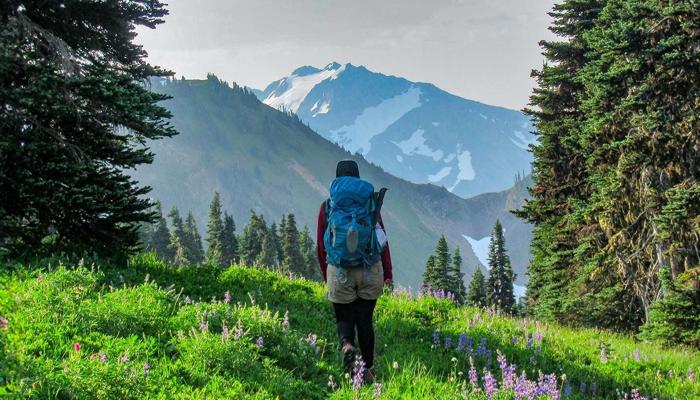Unveiling Hiking Secrets: Prepare for Your Adventure Now! Dive into essential tips for a safe and thrilling hiking journey
Namaste, fellow adventurers! With the monsoon season bidding us adieu in most parts
of India, and a pleasant nip already in the air in some regions, it's prime time to dust off those hiking boots and head for the hills.
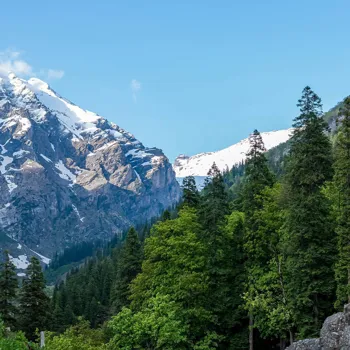
India, with its diverse landscapes ranging from the majestic Himalayas to the lush Western Ghats, offers a plethora of hiking opportunities for both seasoned trekkers and enthusiastic beginners.
But before you lace up and hit the trail, it's important to be well-prepared to ensure a safe and enjoyable experience. This article aims to provide you with essential tips and insights to make your next hike a memorable one, for all the right reasons.
Selecting the right hiking trail is crucial for beginners
When planning a hike, selecting the right trail is paramount. Consider your fitness level and experience. A beginner should start with shorter, well-marked trails with minimal elevation gain. Gradually increase the difficulty as your stamina improves.
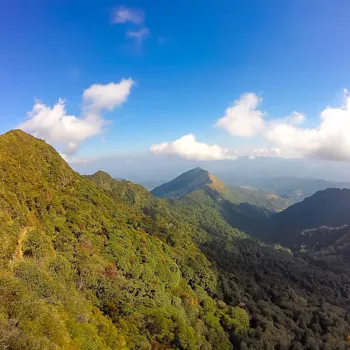
Research different trails in your region, read reviews and check their difficulty ratings. Websites and apps dedicated to hiking often provide detailed information, including trail maps, elevation profiles, and user reviews.
For longer or more challenging treks, especially in remote areas, consider hiring a local guide who is familiar with the terrain and can provide valuable insights and assistance. Also, do proper weather analysis.
Packing smart is essential for a safe hike
Packing smart is crucial for a comfortable and safe hike. A well-packed backpack can make all the difference between an enjoyable adventure and a miserable slog.
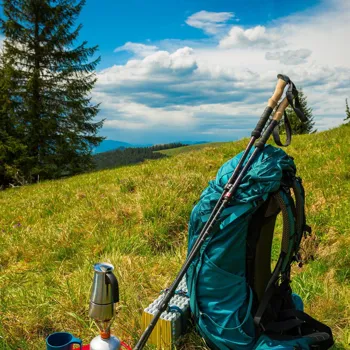
Start with the essentials: water, food, a first-aid kit, a map and compass (or GPS device), a headlamp or flashlight, sunscreen, insect repellent, and extra layers of clothing. Choose lightweight and durable hiking boots that fit well and provide good ankle support.
Break them in before your hike to avoid blisters. Pack high-energy snacks like nuts, dried fruits, and granola bars to keep your energy levels up. Avoid carrying unnecessary weight; every extra kilogram can feel like a ton after a few hours on the trail.
Hiking safety: inform plans, stick to trails, watch hazards, stay hydrated, stay together in a group
Safety should be your top priority when hiking. Always inform someone about your hiking plans, including your route, expected return time, and emergency contact information. Stick to marked trails and avoid shortcuts, which can be dangerous and lead to getting lost.
Be aware of your surroundings and watch out for potential hazards such as slippery rocks, loose gravel, and wildlife. Maintain a reasonable pace and take breaks when needed. Stay hydrated by drinking water regularly, even if you don't feel thirsty.
In case of an emergency, stay calm and assess the situation. Use your communication device to call for help if possible. If you are hiking in a group, stay together and look out for each other.
Preserve hiking trails with Leave No Trace principles
Leave No Trace (LNT) principles are essential for preserving the natural beauty of our hiking trails. Pack out everything you pack in, including trash, food wrappers, and even biodegradable items like fruit peels. Stay on designated trails to avoid damaging vegetation and soil erosion.
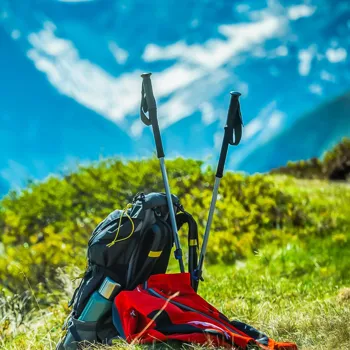
Minimize campfire impacts by using established fire rings or stoves. Respect wildlife by observing them from a distance and avoiding feeding them. Be considerate of other hikers and maintain a quiet environment.
By following LNT principles, we can ensure that future generations can enjoy the same pristine landscapes.
Acclimatize to high altitude before hiking to prevent sickness
Before embarking on your hiking adventure, acclimatizing to the altitude is crucial, especially if you are hiking in mountainous regions. Altitude sickness can affect anyone, regardless of fitness level. Spend a few days at a lower altitude before ascending to higher elevations.
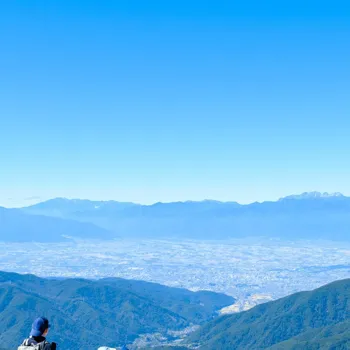
Drink plenty of water and avoid alcohol and strenuous activity during the acclimatization period. Recognize the symptoms of altitude sickness, such as headache, nausea, and fatigue. If you experience these symptoms, descend to a lower altitude immediately.
Consult a doctor before hiking at high altitudes if you have any underlying health conditions.
Enjoy the journey, immerse in nature, connect with others, and rejuvenate through hiking
Finally, remember to enjoy the journey, and savor the experience! Hiking is not just about reaching the summit; it's about immersing yourself in nature, appreciating the beauty of your surroundings, and challenging yourself physically and mentally.
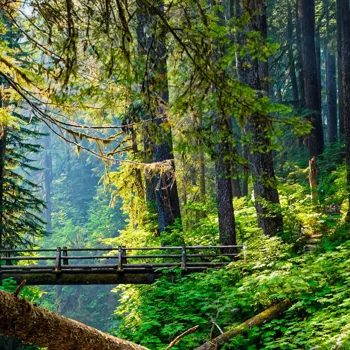
Observe the flora and fauna, breathe in the fresh air, and listen to the sounds of nature. Connect with your fellow hikers and share stories around the campfire. Take photos to capture the memories of your adventure.
Hiking can be a transformative experience that rejuvenates the body, calms the mind, and connects you with the natural world. So, get out there and explore the great outdoors, responsibly! Happy trails!
AI Generated Content. Glance/InMobi shall have no liability for the content